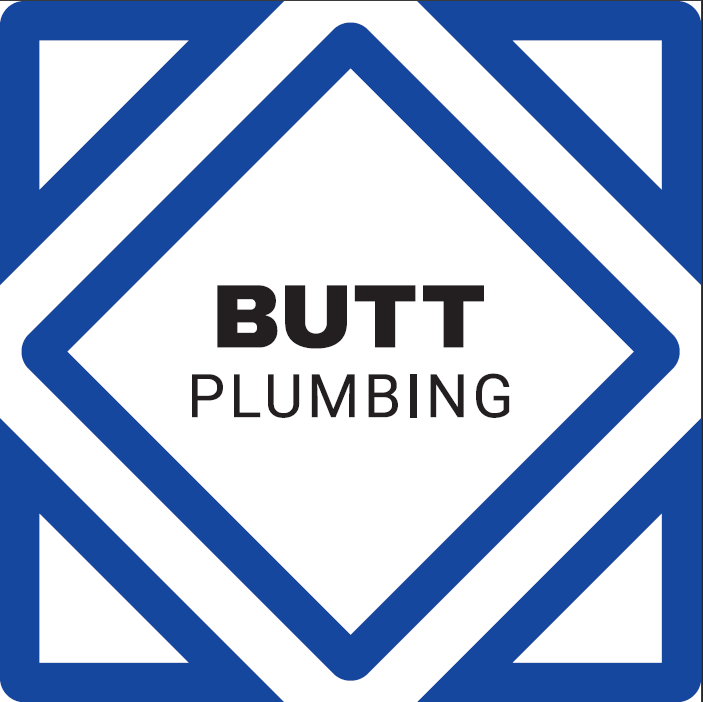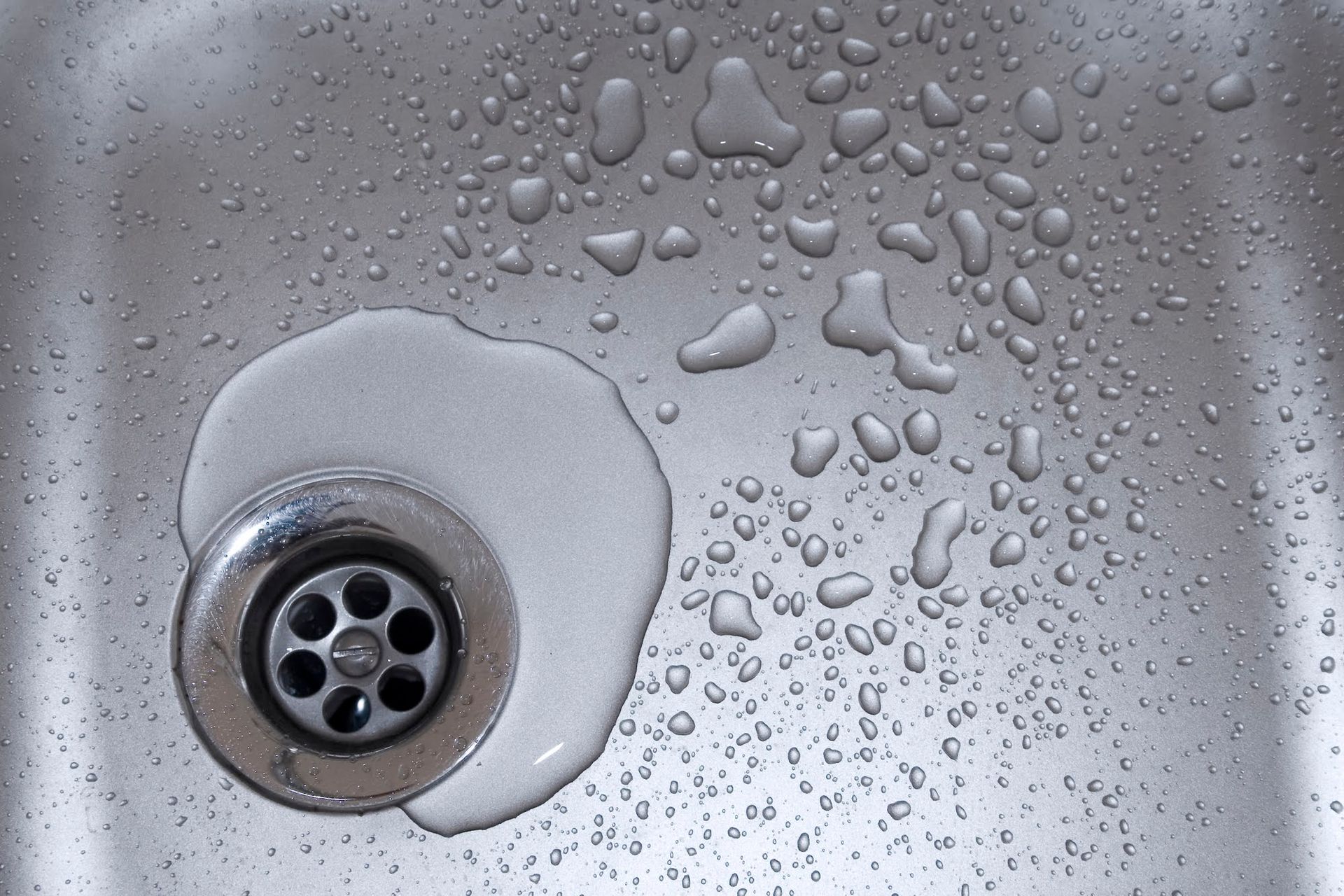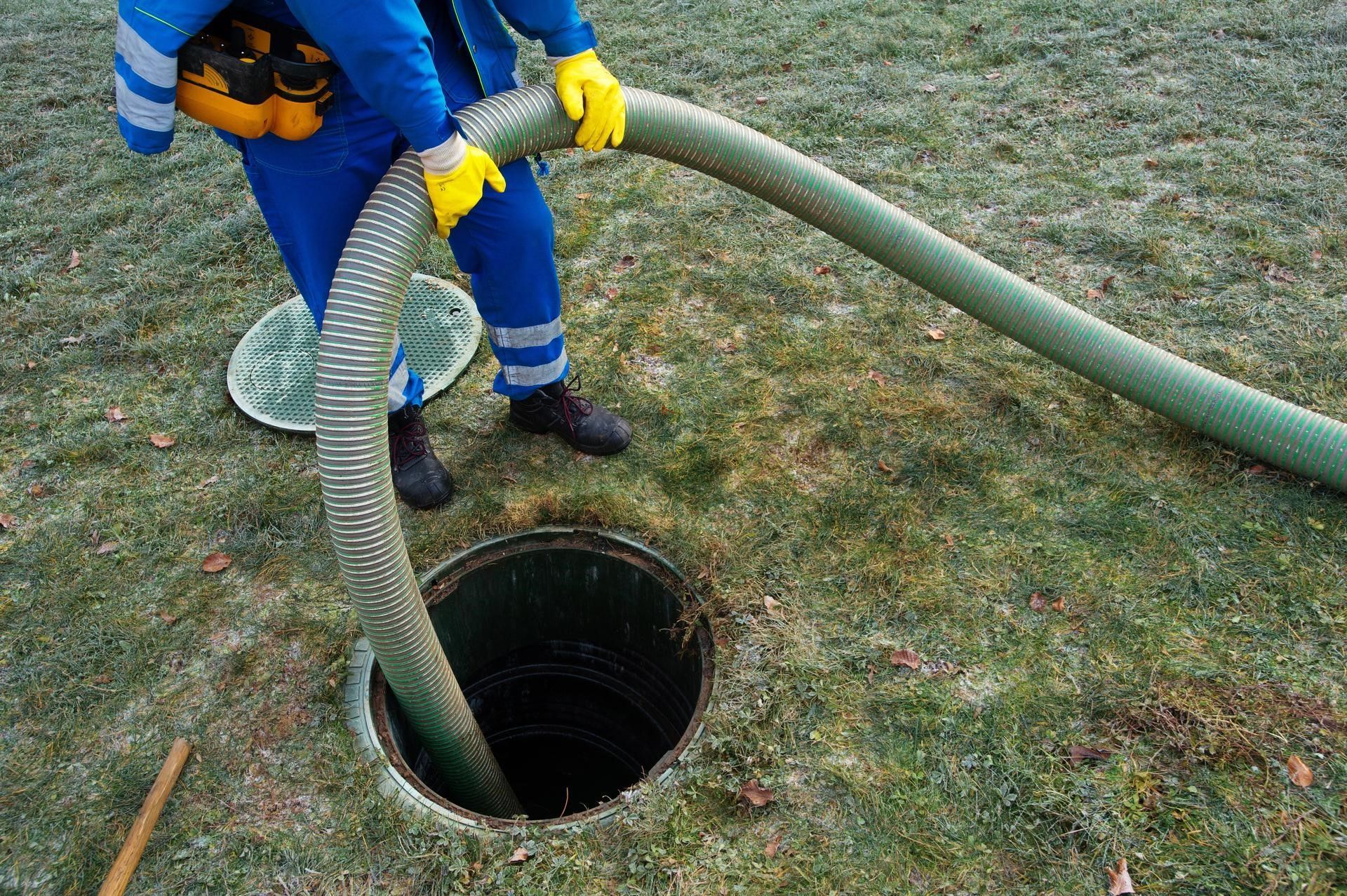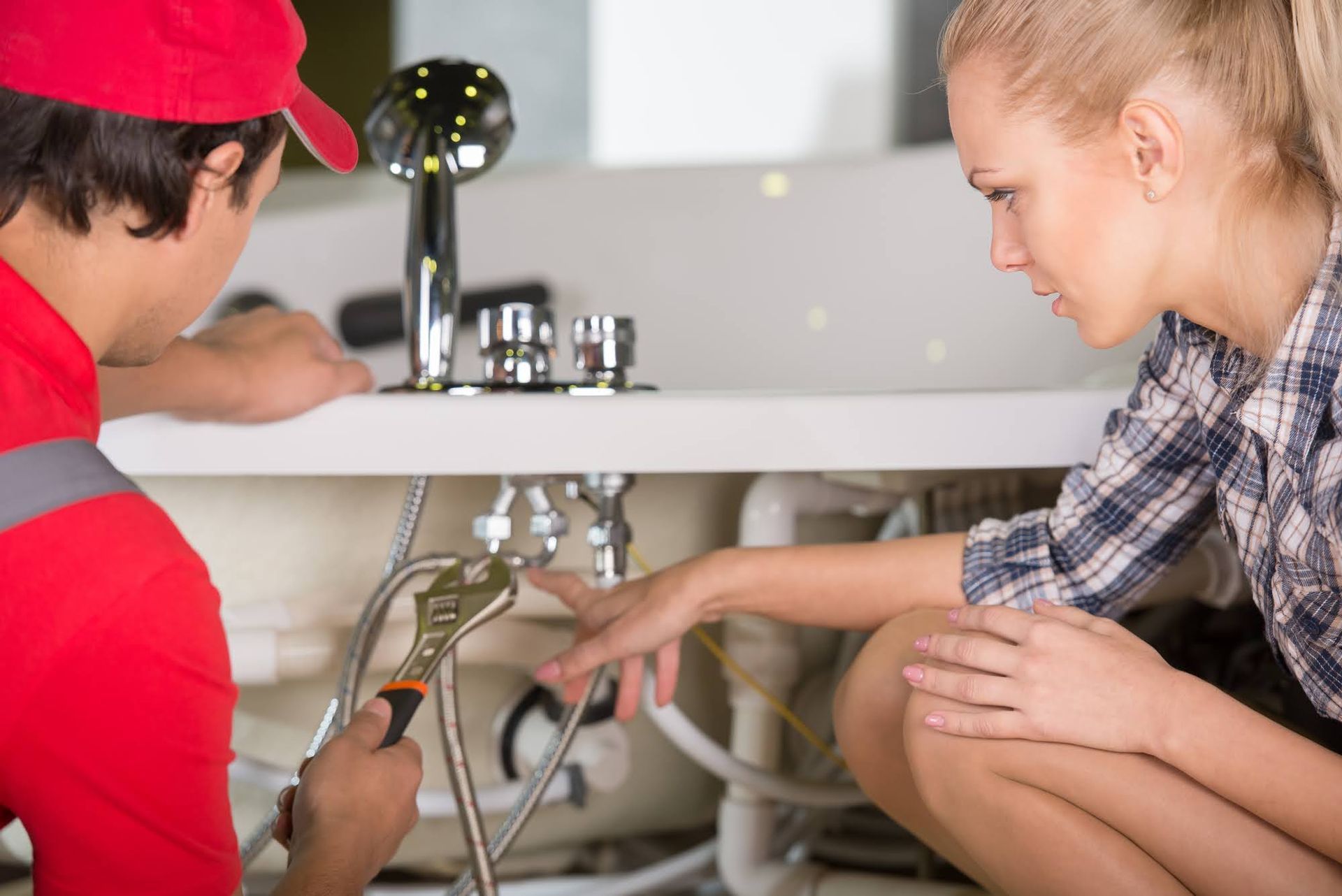What You Should Know About Tankless Water Heaters
If your water heater has reached its end of service, you may wonder about alternative options for heating your household water, including tankless water heaters. Tankless heaters are growing in popularity and becoming favored over tank options for their greater cost savings and efficiency. Discover more about tankless heaters below.
What Is a Tankless Water Heater?
Traditional water heaters use a tank for storing hot water until needed. On the other hand, the tankless alternative has no tank and heats water on demand with a heat exchanger.
After turning on a hot water tap, cold water travels through an electric or gas-powered heating element, and hot water is distributed across the house. The appliance stops heating water when you turn off the faucet and doesn't use any more energy until you need more hot water.
Types of Tankless Water Heaters
Tankless water heaters come in various types, each with their unique pros and cons:
Gas Vs. Electric Heaters
Tankless water heaters charged by natural gas or propane are practical for most homes with gas lines. Natural gas and propane heaters are cheaper than electricity but are more costly to install and maintain.
Electric heaters are less costly to install and don't require a venting system as with gas units. The models feature heating elements that heat cold water as it passes through to the faucet.
Condensing Vs. Non-Condensing Heaters
Both condensing and non-condensing tankless heaters run on natural gas or propane. Non-condensing units have a primary heat exchanger that quickly heats trickling water but requires a venting hood system to vent the exhaust. The exhaust system increases the installation expenses for non-condensing heaters.
Condensing tankless heaters have a secondary heat exchanger that extracts heat from the exhaust to heat water before it gets to the main heat exchanger. As such, condensing units don't need venting materials and flue pipes, making them cheaper to have installed.
Point-of-Use Heaters
Point-of-use tankless heaters offer hot water to a single plumbing fixture, such as a shower or kitchen sink. You can install these heaters under the sink since they don't need much space.
Tankless Water Heater Installation
Water heater installation isn't a DIY task as it is complex, carries safety risks, and must meet local building codes. The installation process primarily depends on the fuel types, as the technician must upgrade the wiring and circuit breaker panel for an electric heater or configure the gas connections for a gas model.
Installation costs are higher if you use a new fuel type, such as replacing a gas tank-style heater with an electric model. The heater's size also affects the installation costs, and you may need multiple units for a large household.
How to Maintain a Tankless Water Heater
A tankless water heater needs regular maintenance to last long and maintain peak efficiency. Mineral buildup is the greatest threat to a heater's function, and a professional plumber must flush your unit periodically to protect the heat exchanger from clogging. A water filter change is also essential to prevent premature failure.
Benefits of Tankless Water Heaters
The major advantage of tankless water heaters is improved energy efficiency. Storage heaters keep reheating the water in the tank, using a lot of energy and increasing your utility bills. Tankless heaters don't have these standby heat losses, operate more efficiently, and reduce your energy expenses.
Tankless models also provide a continuous hot water supply, unlike tank-style heaters that make you wait for water if the stored water runs out. Lastly, these heaters are compact enough to hang on the wall and last longer than tank-style models.
The kind of water heater you select is up to you. Fortunately, our water heating experts at Butt Plumbing are committed to helping you choose the best heater for your family's needs and budget. Contact us today to learn more about tankless water heaters.











